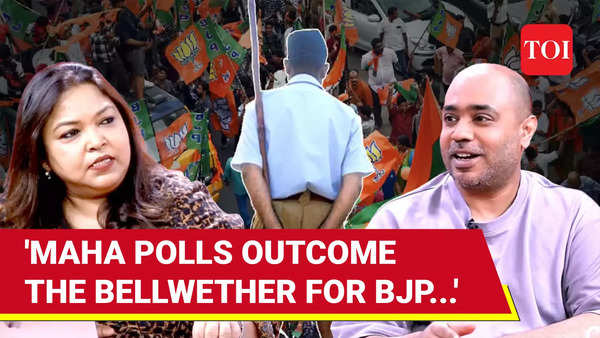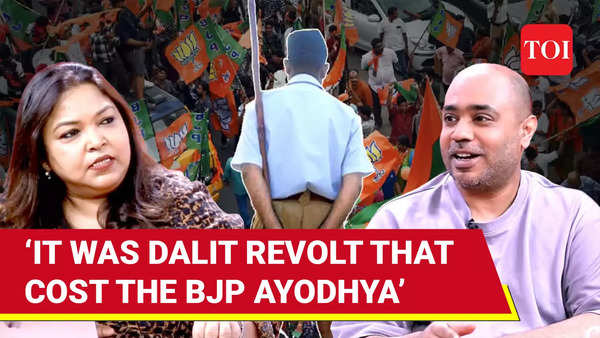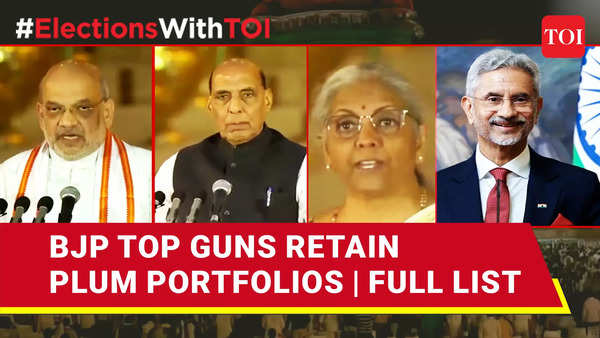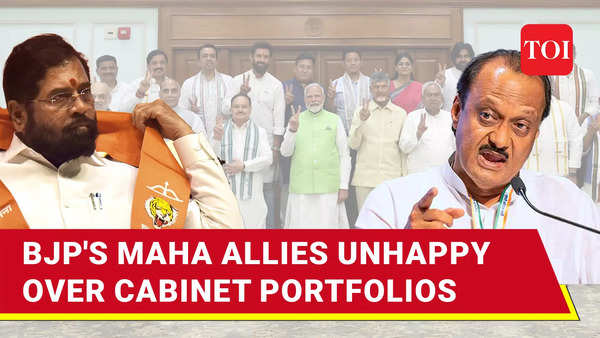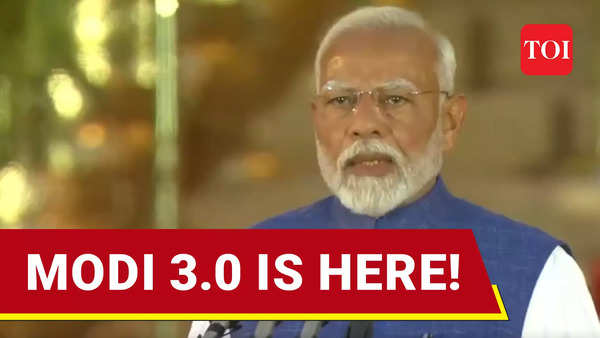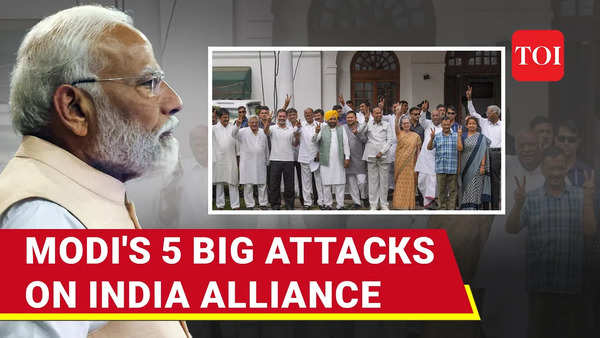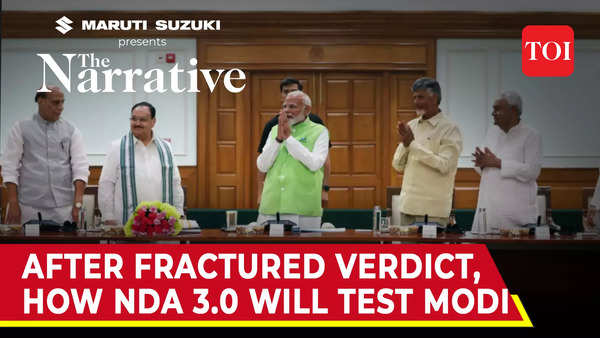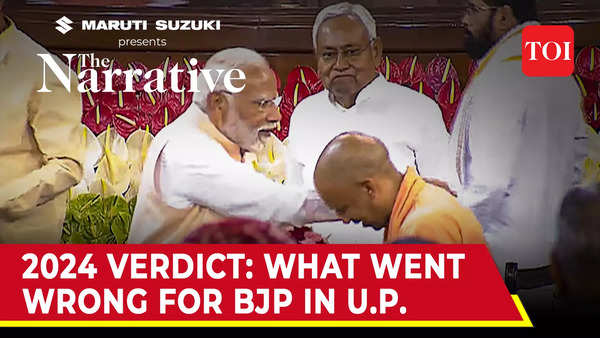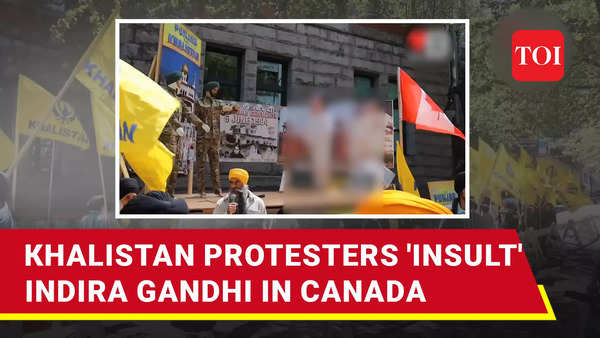- News
- World News
- US News
- Kamala Harris faces criticism over THIS missed opportunity, polling expert Nate Silver says 'it could cost her the election'
Trending
Kamala Harris faces criticism over THIS missed opportunity, polling expert Nate Silver says 'it could cost her the election'
Nate Silver critiques Kamala Harris' decision to select Tim Walz instead of Josh Shapiro as her running mate, potentially jeopardizing key swing states like Pennsylvania. He points out Harris' difficulties with certain voter demographics and stresses the critical role of Pennsylvania's electoral votes in the election outcome.
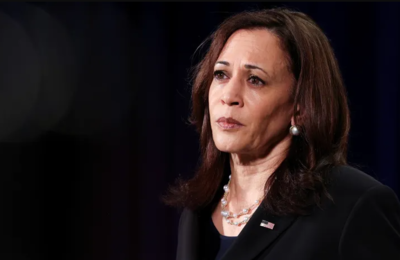
As Harris prepares for her first debate against Donald Trump in Philadelphia, Silver suggested the polling results should be a wake-up call.
Vice President Kamala Harris may have missed a crucial chance that could affect her path to the presidency, according to election expert Nate Silver. In his "Silver Bulletin" newsletter, Silver criticized Harris' decision to select Minnesota Governor Tim Walz as her running mate, instead of Pennsylvania Governor Josh Shapiro, a move he believes could cost her key swing states like Pennsylvania.
Silver wrote that Harris "blew one big opportunity to tack to the center with her selection of [Minnesota Gov.] Tim Walz rather than [Pennsylvania Gov.] Josh Shapiro." He argued that Shapiro, whose leadership in Pennsylvania is well-regarded, would have been a more strategic choice to appeal to moderate voters, despite backlash from far-left Democrats over Shapiro’s pro-Israel stance. "A tiny minority of progressives objected to Shapiro," Silver noted, adding that "was an argument in Shapiro’s favor, if anything."
 Polls reflect a broader issue for Harris, with a New York Times/Siena College poll showing 47% of likely voters viewing her as too liberal, a perception tied to her 2020 presidential campaign. Silver commented on this, saying, "[Harris] is a more talented politician than she showed in 2019, and it’s a shame that her campaign that year was run by people who seemingly thought Elizabeth Warren was a right-winger."
Polls reflect a broader issue for Harris, with a New York Times/Siena College poll showing 47% of likely voters viewing her as too liberal, a perception tied to her 2020 presidential campaign. Silver commented on this, saying, "[Harris] is a more talented politician than she showed in 2019, and it’s a shame that her campaign that year was run by people who seemingly thought Elizabeth Warren was a right-winger."
Silver’s analysis also highlighted Harris' struggles with white voters without college degrees, rural voters, and older voters—key demographics in swing states like Pennsylvania. "Harris is faring poorly among white voters without college degrees, rural voters, and older voters: the types of voters who are plentiful in Blue Wall states like Pennsylvania," Silver warned.
As Harris prepares for her first debate against Donald Trump in Philadelphia, Silver suggested the polling results should be a wake-up call. "She should campaign like she’s two points behind — because if the Times poll is right, she is," he wrote.
With Pennsylvania's 19 electoral votes crucial to determining the election, Harris' missed opportunity in selecting a running mate may have significant consequences as the race unfolds.
Silver wrote that Harris "blew one big opportunity to tack to the center with her selection of [Minnesota Gov.] Tim Walz rather than [Pennsylvania Gov.] Josh Shapiro." He argued that Shapiro, whose leadership in Pennsylvania is well-regarded, would have been a more strategic choice to appeal to moderate voters, despite backlash from far-left Democrats over Shapiro’s pro-Israel stance. "A tiny minority of progressives objected to Shapiro," Silver noted, adding that "was an argument in Shapiro’s favor, if anything."

Silver’s analysis also highlighted Harris' struggles with white voters without college degrees, rural voters, and older voters—key demographics in swing states like Pennsylvania. "Harris is faring poorly among white voters without college degrees, rural voters, and older voters: the types of voters who are plentiful in Blue Wall states like Pennsylvania," Silver warned.
As Harris prepares for her first debate against Donald Trump in Philadelphia, Silver suggested the polling results should be a wake-up call. "She should campaign like she’s two points behind — because if the Times poll is right, she is," he wrote.
With Pennsylvania's 19 electoral votes crucial to determining the election, Harris' missed opportunity in selecting a running mate may have significant consequences as the race unfolds.
End of Article
FOLLOW US ON SOCIAL MEDIA
